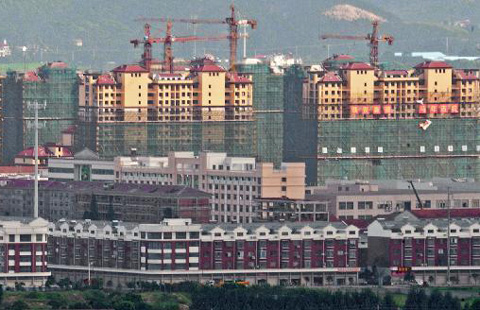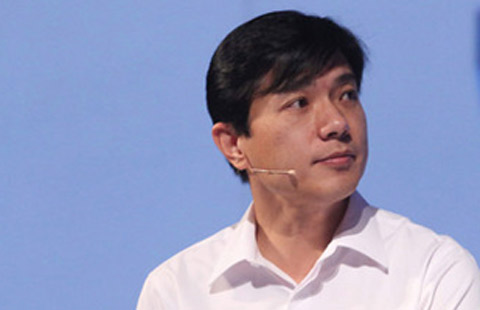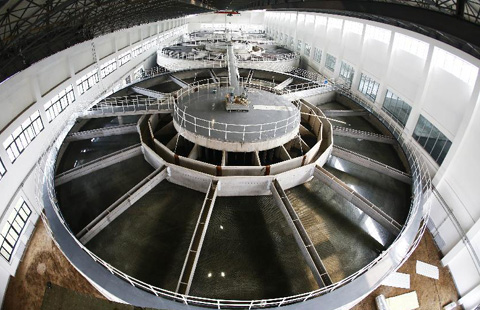New chapter for M&A as 'China growth' story ends
By Xie Yu (China Daily) Updated: 2014-10-31 08:03The SOEs need to spin off those operations, and "that's the driver for M&As, especially attractive to overseas investors. Because they see the opportunities of acquiring (targets) at reasonable prices and turning the underperforming businesses around", Brown said.
"The authorities are urging SOEs to diversify their shareholdings by introducing sophisticated shareholders. That will help transform the SOEs into more commercial, market-oriented entities," he said.
As of mid-August, 18 provincial-level governments, including Beijing, Shanghai and Guangdong, had announced mixed-ownership reforms. In Chongqing, authorities said they will allow two-thirds of the local SOEs to have mixed ownership.
Not only the large SOEs such as China Petroleum & Chemical Corp but some smaller, more manageable entities, or those likely to be spun off from larger SOEs, are increasingly looking to cooperate with investors such as private equity firms.
"There is both a government drive and a commercial drive" for mixed ownership, Brown said.
"Private equity firms and foreign buyers are going to benefit from the economic transition and SOE reform due to their capital strength and business operation skills as more Chinese companies become available for buyouts," said Brown.
Michael Weiss, managing director and partner of Sailing Capital Advisors, based in Hong Kong, said: "The valuations are moving from an irrationally high level to a fair price."
"I don't think people are coming to China to buy things cheap, but they are buying things at a fair price nowadays," he added. There are different reasons to buy assets in China, which offers a vast market, cheap labor and land, sufficient infrastructure, easy profits and dynamic growth.
Although the economy is not growing as fast as in the past, it is still expanding faster than mature markets. And the demand, cash flow and market potential in China are still very attractive, Weiss said.
|
 |
 |
| Chinese train makers to reunite for global market | Chinese overseas mergers, acquisitions surge |
- China province orders 30% of vehicles off roads for APEC
- US to seek broader cooperation during Obama's China visit
- Dutch trade mission secures agreements worth half billion euros in China
- China's key stock index rises 0.76%
- China-Russia-Mongolia dialogue eyes closer trilateral relations
- Sinopec's Chongqing output tops 1 billion cubic meters
- 37 billion yuan of taxes reduced for China's small firms
- China's VAT reform reduces tax by $53 nillion
















